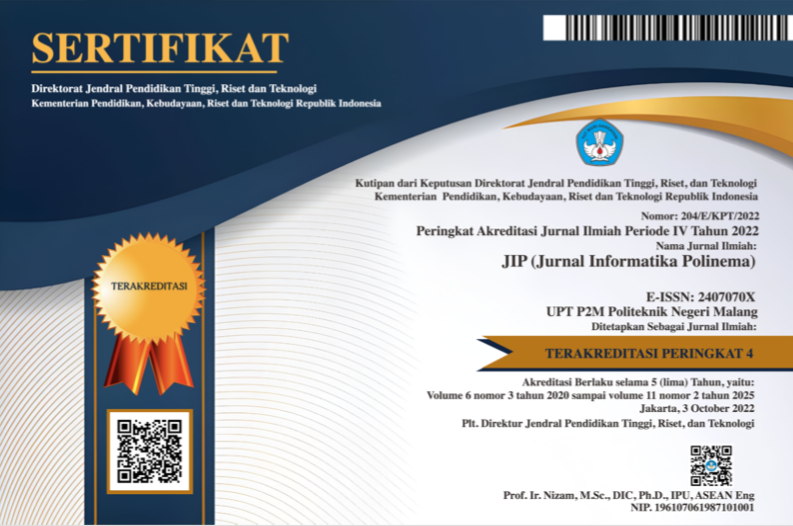GENETIC ALGORITHM BASED FOPID CONTROLLER FOR NANO-SATELLITE ATTITUDE CONTROL
Abstract
Nano-satellites are very popular among researchers today because they are more affordable and easier to use than most large satellites. The system performance on nano-satellites needs to be improved for better by using fractional order PID (FOPID) controllers which have never been tested on unstable systems on nano-satellite objects. The PID controller development produces two fractional power parameters called the FOPID controller, which makes it even more attractive. The genetic algorithm (GA) produces the optimal computation value on the FOPID controller because it has been proven to have better performance and is improved by the ITAE performance index. Based on the analysis of responses in a steady-state in the form of overshoot, rise time and settling time on the three-axis stabilized nano-satellite attitude control, namely roll, pitch, and yaw is concluded that the FOPID controller is superior to the classic PID controller that has been previously studied. The effect of the two parameters of the FOPID controller on an unstable system for nano-satellite attitude control shows good performance results based on the ITAE performance index using the genetic algorithm (GA) method.
Downloads
References
2. Oktodwilavito, M. B., Wibawa, I. P. D., & Edwar, E. (2018): Purwarupa Muatan Pengontrol Sikap Satelit Nano Berbentuk Kubus Menggunakan Reaction Wheels Dua Sumbu Berbasis PID, eProceedings of Engineering, 5(1).
3. Mashor, M. Y., & Mahdi, M. C. (2018): Performance of manual and auto-tuning PID controller for unstable plant-nano satellite attitude control system, 6th International Conference on Cyber and IT Service Management (CITSM) (pp. 1-5). IEEE.
4. Cafagna, D. (2007): Fractional calculus: A mathematical tool from the past for present engineers [Past and present], IEEE Industrial Electronics Magazine, 1(2), 35-40.
5. Shah, P., & Agashe, S. (2016): Review of fractional PID controller, Mechatronics, 38, 29-41.
6. Fadly, M., Sidek, O., Said, M. A. M., Djojodihardjo, H., & Ain, A. (2011): Deterministic and recursive approach in attitude determination for InnoSAT. Telkomnika, 9(3), 583.
7. Shopova, E. G., & Vaklieva-Bancheva, N. G. (2006): BASIC—A genetic algorithm for engineering problems solution, Computers & chemical engineering, 30(8), 1293-1309.
8. Martins, F. G. (2005): Tuning PID controllers using the ITAE criterion, International Journal of Engineering Education, 21(5), 867.
Copyright (c) 2022 Anggara Truna Negara Negara, Sigit Mustiko, Lucky Firmansyah

This work is licensed under a Creative Commons Attribution-NonCommercial 4.0 International License.
Copyright for articles published in this journal is retained by the authors, with first publication rights granted to the journal. By virtue of their appearance in this open access journal, articles are free to use after initial publication under the International Creative Commons Attribution-NonCommercial 4.0 Creative Commons CC_BY_NC.
















